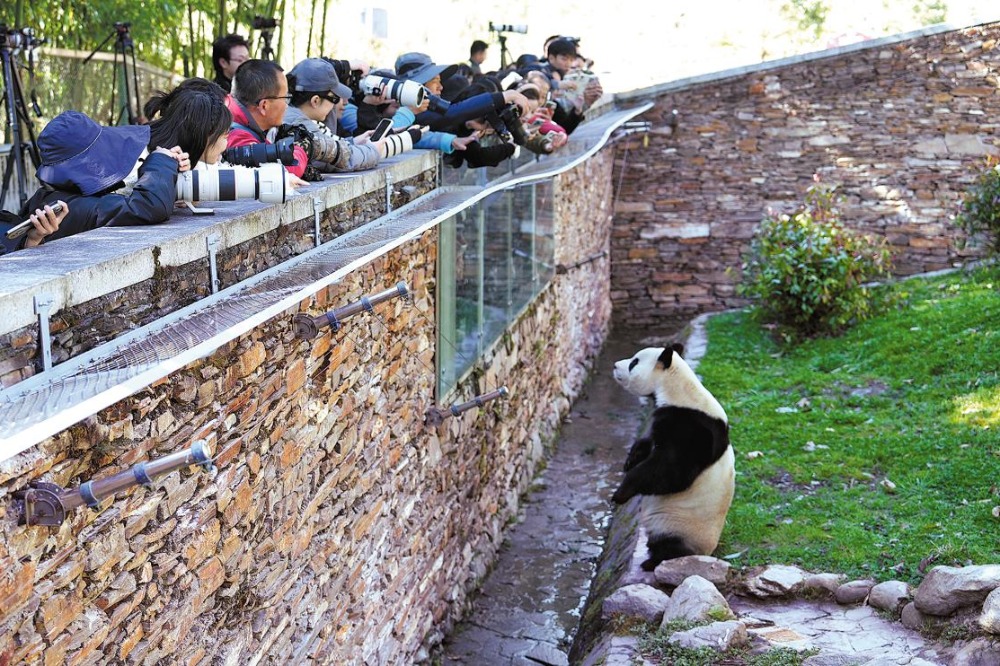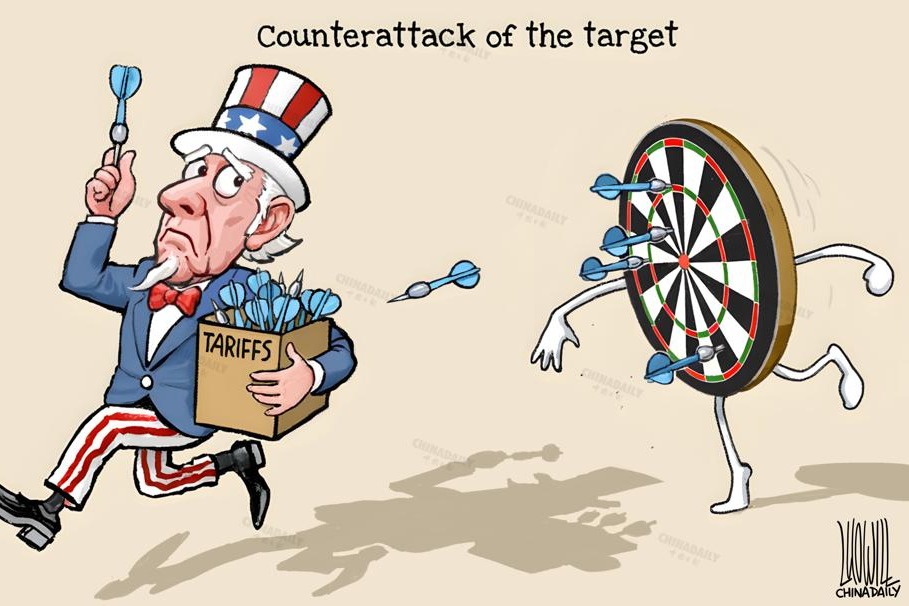Japan, ROK should embrace multilateralism

Editor's note: Efforts to advance Asia-Pacific cooperation face challenges like rising geopolitical tensions, unilateralism and protectionism. In such circumstances, countries in the region should uphold multilateralism, free trade, and enhance cooperation through platforms such as Boao Forum for Asia for the betterment of the region. Three experts share their views on the issue with China Daily.

Despite the emergence of a multilateral world order influenced by Eurasia and BRICS amid the conflicts in Ukraine and the Middle East, the Donald Trump administration is not only pushing ahead with its "America First" strategy but also following a new foreign policy. This shift will lead to a major transformation of the existing world order.
But even before the inauguration of the Trump 2.0 administration, the then Yoon Suk-yeol government in the Republic of Korea had been pursuing a foreign policy focused on the ROK-US alliance and the ROK-US-Japan security cooperation, pushing the country toward a serious crisis.
Since taking office, the Yoon government has engaged in confrontationist diplomacy with China and Russia, not to mention the Democratic People's Republic of Korea. The ROK's diplomacy is based on the US' neoconservative worldview, which runs counter to the emerging multilateral world order, and looks to strengthen the ROK-US alliance and ROK-US-Japan trilateral security cooperation, and promotes Washington's "Indo-Pacific" strategy.
After the outbreak of the conflicts in Ukraine and the Middle East, emerging powers in the Global South and BRICS, seeking a change in the existing world order, have rapidly gained prominence. The G7 economies, including the United States which has been a global leader since World War II, have been gradually losing their heft. In contrast, the overall trade and economic strengths of BRICS have surpassed that of the G7, with the gap between the two continuing to widen. This shift is contributing to the transformation of the existing world order led by the Western powers.
Notably, at the BRICS Summit held in Kazan, Russia, in October 2024, Egypt, Ethiopia, Iran and the United Arab Emirates officially joined the grouping. And Indonesia became a full-time BRICS member in January this year. The Kazan summit, in a significant development, announced a mid- to long-term plan to gradually reduce the use of the US dollar to settle trade among BRICS member states and, instead, promote the use of an independent BRICS settlement currency.
The continuing Ukraine crisis has sounded an alarm to the US-led world order, and the emergence of a multilateral world order with the Global South, the Shanghai Cooperation Organization and BRICS at its core.
On the other hand, the ROK and Japan face a major historical turning point, where they must seek a new direction for strategic cooperation with China in line with the new world order. At a China-Japan-ROK meeting in the ROK last year, the three countries discussed six major issues: people-to-people exchanges, promoting sustainable development through cooperation to mitigate the effects of climate change, economic and trade cooperation, cooperation in healthcare and eldercare, cooperation in science and technology including digital technology, and cooperation in disaster management. But they could not reach any consensus on political, diplomatic and security issues.
Hence, it is imperative that the three countries explore strategic common grounds in line with the principles of the emerging multilateral world order. Especially, they should reach a strategic consensus on the changes in the world order, because without such a consensus, they cannot deepen economic and trade cooperation.
In this regard, the ROK should abandon its confrontational diplomacy, because it is contributing to the intensification of China-US strategic competition and escalating tensions with the DPRK. The ROK should also promote peace and prosperity, and advocate for peaceful coexistence in the region. If the US-Japan-ROK security alliance continues to focus on strengthening the US military's presence in the Asia-Pacific, and if the trio persists on interfering in the Taiwan question and escalating the Korean Peninsula denuclearization issue, the ROK's and Japan's relations with China will deteriorate further.
Hence, China, Japan and the ROK need to make efforts to strengthen advanced technology exchanges based on mutual benefit, enabling their companies to engage in multilateral cooperation, because it will help them achieve sustainable economic growth. The three sides should also address regional supply chain issues, advance the development of the Regional Comprehensive Economic Partnership, promote technology cooperation, as well as strengthen economic cooperation with the Global South, including Russia and Eurasian countries.
They also need to establish a mutually complementary industrial division of labor based on their respective strength, and build a profit-sharing mutual cooperation structure and a rules-based competition framework.
Moreover, China-US competition in industry and advanced technology has intensified. So China, Japan and the ROK should reorganize the regional advanced industry value chains and supply chains, leveraging their respective strength to deepen economic and technological cooperation, especially in the field of advanced technology, including AI, semiconductors and robots, and expand their consumer markets.
In the emerging multilateral world order, China, Japan and the ROK should make efforts to reform the global governance system and resolve various non-economic, including political and diplomatic, issues that hinder economic and technological cooperation. The three sides should also make joint efforts to promote peace and stability in the region by establishing a multilateral political-economic cooperation platform based on the principles of the emerging multilateral world order.

The views don't necessarily reflect those of China Daily.
If you have a specific expertise, or would like to share your thought about our stories, then send us your writings at opinion@chinadaily.com.cn, and comment@chinadaily.com.cn.


































